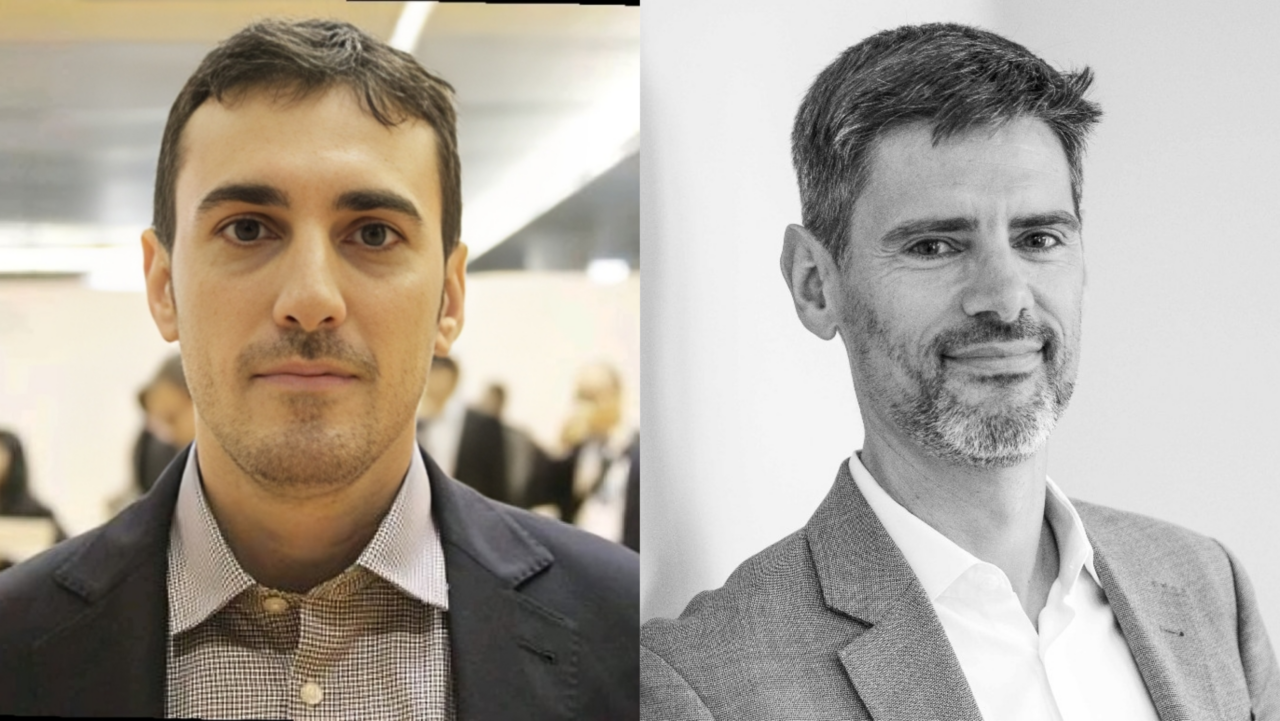
Marco Donia: Stating your hypothesis in grant applications might be unnecessary and even harmful
Marco Donia, Associate Professor at National Center for Cancer Immune Therapy, Denmark, shared the following post by Miguel Hernán, Director at Harvard CAUSALab, on LinkedIn:
“Stating your hypothesis in grant applications might be unnecessary and even harmful.
Start with a question, not a hypothesis
A great piece showing why a hypothesis is (not always) necessary in grant applications – and can be a source of bias”
Quoting Miguel Hernán:
“Have you ever been advised to state your hypothesis in your research protocol or grant application? Sander Greenland and I argue that stating hypotheses is unnecessary.
Suppose health authorities need to know the effectiveness of a new vaccine before recommending it. We decide to carry out a study to provide the information they need.
Our study protocol describes the quantitative question (what is the effectiveness of the vaccine?) in detail, why the question is important, and how we plan to answer it. We then conduct the study and report the results, e.g., the estimated effectiveness is 74% with a 95% confidence interval from 56% to 86%. We are done.
Nowhere in this process there is a need for us to state a hypothesis of the form “We believe that the vaccine is effective” or “We believe that the vaccine’s effectiveness is greater than 90%”. Who cares what we guess the qualitative answer will be before doing the study?
In other words, our hypothesis is nobody’s business.”
Read further.
Source: Marco Donia/LinkedIn and Miguel Hernán/LinkedIn
-
Challenging the Status Quo in Colorectal Cancer 2024
December 6-8, 2024
-
ESMO 2024 Congress
September 13-17, 2024
-
ASCO Annual Meeting
May 30 - June 4, 2024
-
Yvonne Award 2024
May 31, 2024
-
OncoThon 2024, Online
Feb. 15, 2024
-
Global Summit on War & Cancer 2023, Online
Dec. 14-16, 2023
